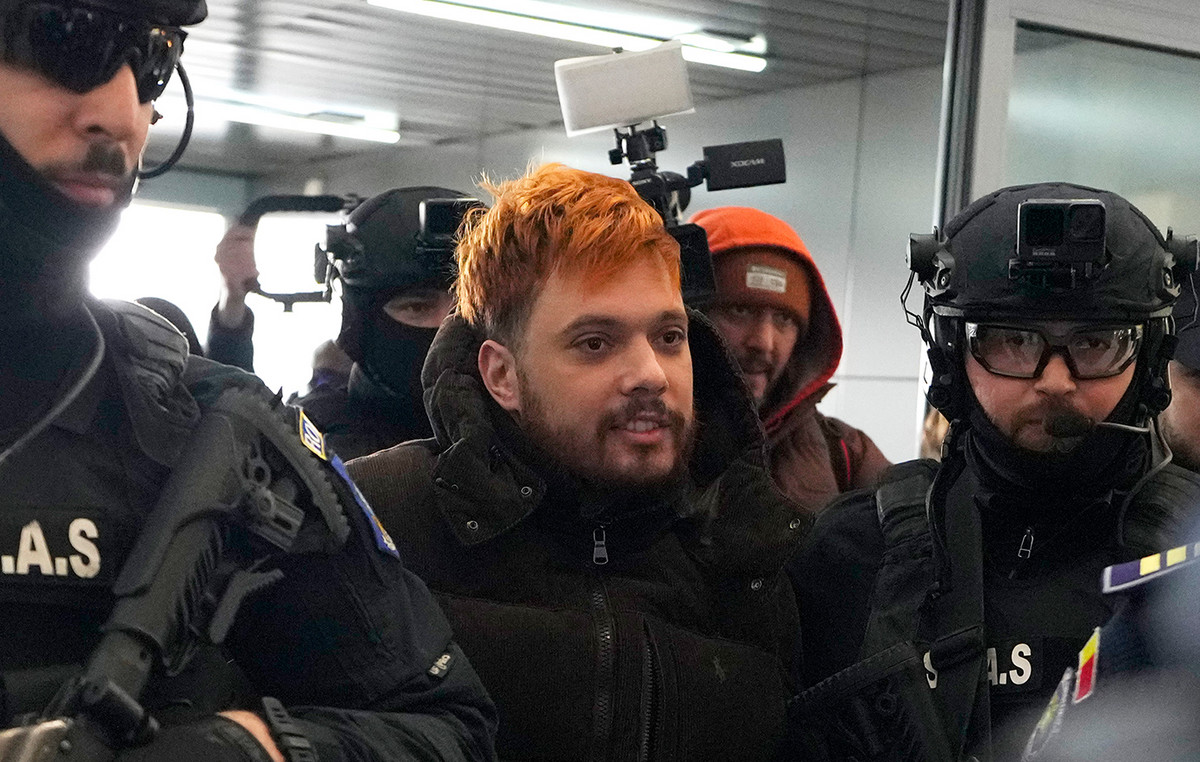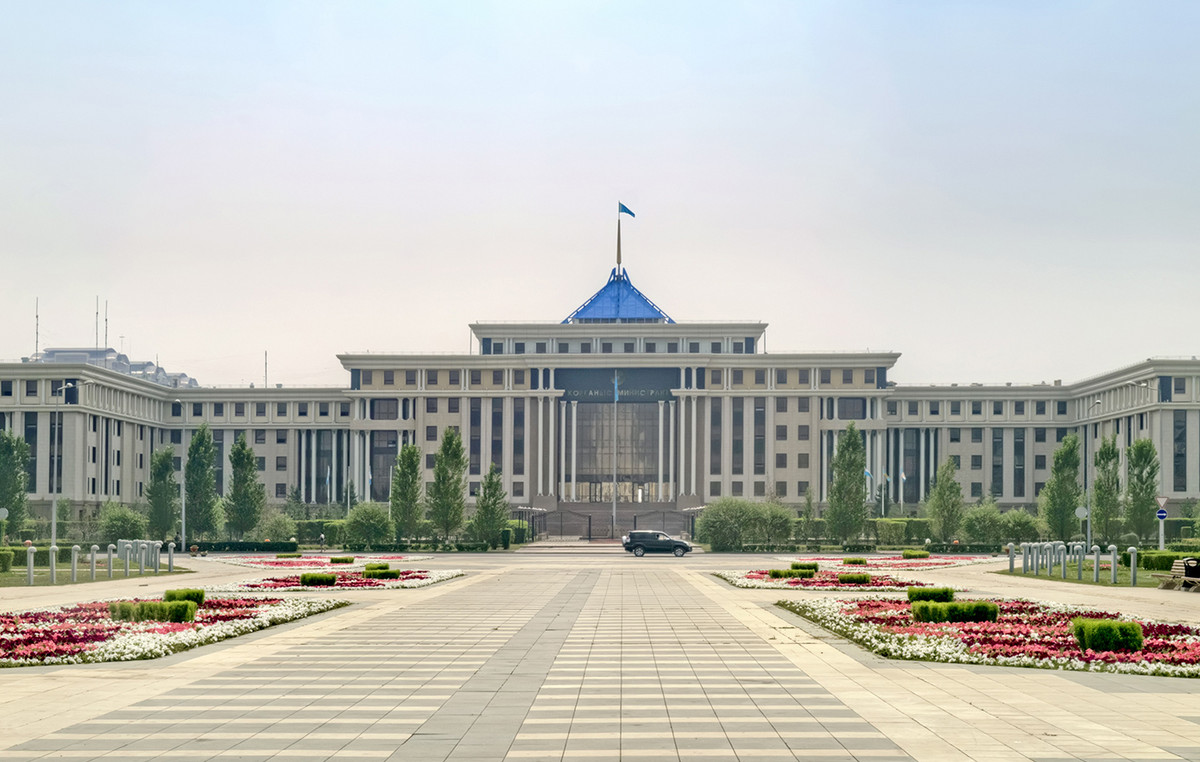The circulation of the subvariant XBB.1.5 of the coronavirus could lead to an increase in the number of cases of Covid-19 on a global level. The alert was made by the World Health Organization (WHO) this week.
Despite this, the Technical Advisory Group on Virus Evolution (TAG-VE), which advises the organization, rated the risk assessment of the subvariant, which is a recombinant of other Omicron strains, as “low”. The highly transmissible subvariant has been associated with a significant increase in infections in the United States.
Scientists identified the first case of Covid-19 in Brazil caused by the XBB.1.5 variant of the coronavirus in early January. The case confirmed by Rede Dasa is a 54-year-old patient from Indaiatuba, in the interior of São Paulo. According to Dasa, the sample was collected in November 2022, but confirmation of the new variant only occurred recently.
THE CNN consulted the Ministry of Health on the risk assessment regarding the possible increase in cases of the disease in the country and whether changes in prevention protocols are foreseen.
In a note, the ministry responded that it is closely monitoring the epidemiological scenario of Covid-19 in Brazil, as well as the evolution of vaccine coverage and technological innovations for prevention and treatment against the disease.
To reduce the risks of transmission, the ministry reinforced the need to adopt prevention and control measures described in the Covid-19 Epidemiological Surveillance Guide.
The document guides non-pharmacological prevention measures, including physical distancing, respiratory etiquette, hand hygiene, use of masks, cleaning and disinfection of environments, isolation of suspected and confirmed cases, as well as the quarantine of their contacts.
According to the ministry, the expansion of vaccination coverage against Covid-19, including the application of booster doses, is one of the main methods to reduce the risks of disease outbreaks in Brazil.
“In addition, it advises on the importance of completing the vaccination schedule with the booster doses indicated for each public, thus guaranteeing maximum protection against the virus and its variants, and recommends that states and municipalities carry out an active search for the population that still has overdue doses”, says the ministry in a note.
The orientation is reinforced by the infectologist Álvaro Furtado, from the Hospital das Clínicas of the University of São Paulo (USP).
“This variant is more transmissible, for the most vulnerable the mask is important, especially in closed places. Furthermore, the most important thing is for people to complete the vaccination schedule and wait for the bivalent vaccines to arrive in Brazil, which have a better performance for the Ômicron subvariants”, he says.
New wave of Covid-19
Researcher from the Oswaldo Cruz Institute (IOC/Fiocruz) Marilda Siqueira claims that it is difficult to predict the impact of the circulation of the XBB.1.5 subvariant in the country, but emphasizes the need to expand vaccination coverage and the adoption of preventive measures.
“It is very difficult for us to anticipate the size of a new wave. We have a vaccinated population, but we need to improve the booster rate. This is very important for all groups: both vulnerable populations, such as the elderly and people with chronic diseases, as well as adults and young people, who still have a low reinforcement rate, ”she said.

Researcher José Eduardo Levi, from the University of São Paulo (USP), assesses that there is no need to resume restriction protocols such as closing borders and banning flights to Brazil.
“There is nothing different for this variant that is not already being done or that should be done for Covid in general. As she is very transmissible, it is important to basically protect the most fragile. Wear a mask when in contact with the elderly and, above all, that everyone has their vaccinations up to date, especially the most vulnerable”, says Levi.
Experts recommend that, given the increase in viral circulation, individual prevention measures should be reinforced.
“We also need to reinforce the use of masks in closed places, in crowds and in contact with vulnerable people, as in hospitals, clinics and nursing homes. In addition, we must continue with genomic surveillance, reinforcing sampling strategies to monitor the lineages in circulation in Brazil”, says Marilda.
vaccination schedule
The Ministry of Health guides that the first booster dose, recommended for people from 5 years of age, should be applied four months after the second dose or single dose. The second booster dose, at the moment, is recommended by the folder for the population over 40 years of age and health workers, regardless of age.
Immunizers recommended for booster shots in people aged 18 and over are from Pfizer, AstraZeneca or Janssen. For children aged 5 to 11 years, Pfizer’s pediatric vaccine should be used. For adolescents between 12 and 17 years old, the Pfizer vaccine should preferably be used. If not available, the Coronavac vaccine can be used.
For those who started the vaccination schedule with a single dose of Janssen, the recommendation is as follows: three boosters for people aged 40 years and over and health professionals, and two boosters for people aged 18 to 39 years. The first booster is applied two months after the beginning of the cycle and the others must follow the four-month interval. The orientation is that AstraZeneca, Pfizer or Janssen vaccines are also used.
According to the ministry, the recommendations were made based on studies that demonstrate that the ability to generate an immune response, called immunogenicity, after applying heterologous booster doses, with a different combination of vaccines against Covid-19, was adequate and superior. to regimens without booster doses.
Basic care helps prevent Covid-19
Source: CNN Brasil
I am an experienced journalist and writer with a career in the news industry. My focus is on covering Top News stories for World Stock Market, where I provide comprehensive analysis and commentary on markets around the world. I have expertise in writing both long-form articles and shorter pieces that deliver timely, relevant updates to readers.







